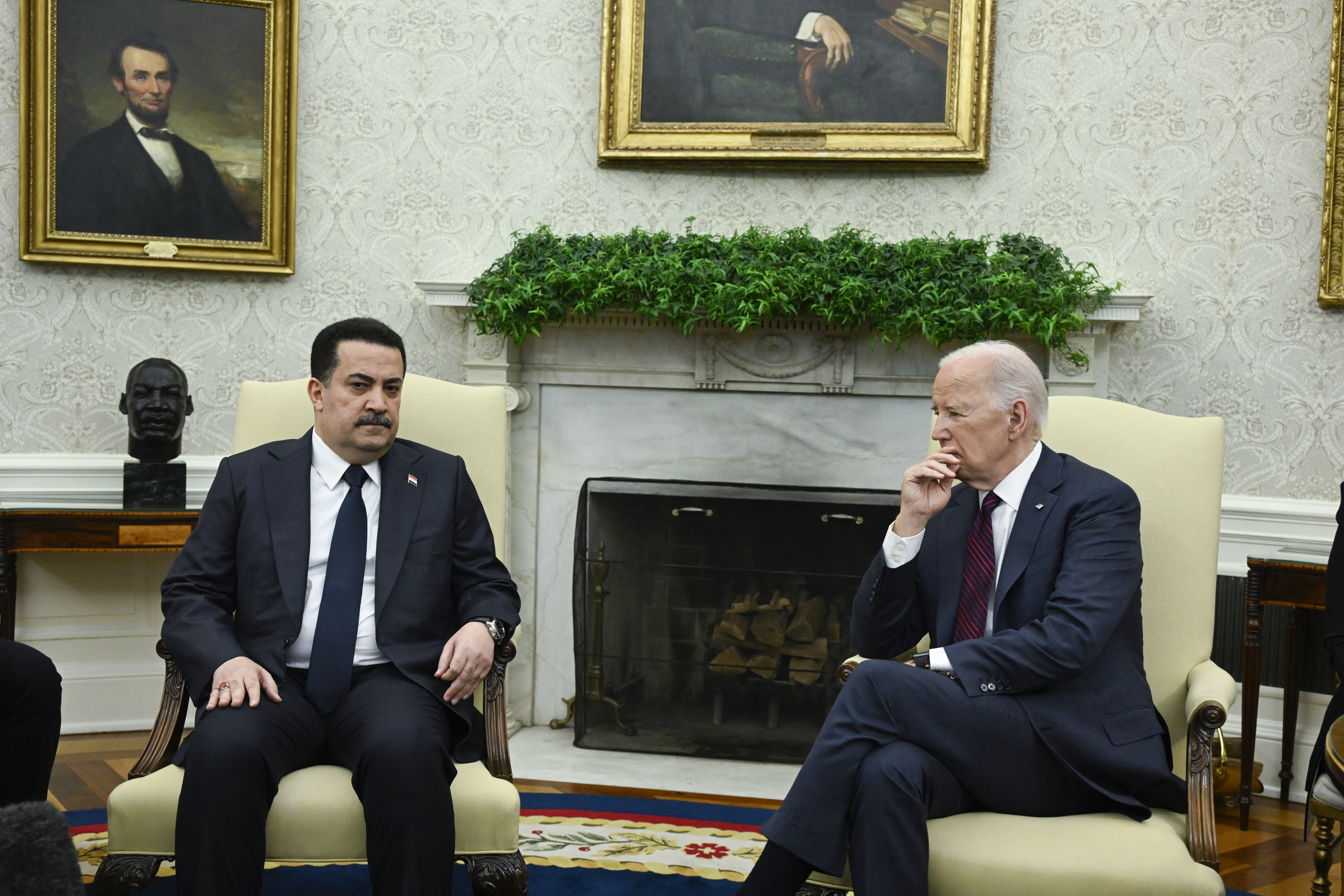Reverse Migration: IHCHR says people leaving Nineveh for security, stability in Kurdistan Region

ERBIL (Kurdistan 24) – Reverse migration is taking place in Iraq as displaced people who had returned to northern Nineveh province are leaving their homes and moving back to the autonomous Kurdistan Region, the Iraqi High Commission for Human Rights (IHCHR) said on Tuesday.
Anas Akram al-Azzawi, an IHCHR member, pointed out in a statement that “reverse migration is happening from the cities of Nineveh province to the cities in the Kurdistan Region due to lack of security, stability, and lack of basic services.”
Azzawi’s comments come as Kurdistan Regional Government (KRG) officials have over the past few months repeatedly warned the Federal Government of Iraq and the international community about the re-displacement of Iraqi people to the autonomous region.
Following the emergence of the Islamic State in Iraq and Syria in 2014, the Kurdistan Region became home to almost two million internally displaced Iraqis and Syrian refugees.
The massive influx of displaced persons and refugees to the Kurdistan Region – which has a population of almost six million – created a heavy burden on the shoulders of its people and government. The Region was already suffering from a critical financial crisis due to a federal budget cut by Baghdad, the war against the Islamic State, and an absence of the Iraqi government’s support.
Among the Iraqi IDPs were dozens of thousands of Christians who fled from Islamic State threats in their hometowns in the Nineveh Plains.
After Iraq announced a military victory against the extremist group in late 2017, many of the IDPs began to return to their homes, mainly in Anbar, Salahuddin, Nineveh, Kirkuk, and Diyala.
However, a lack of security and stability, poor services, unemployment, and delayed efforts to rebuild the liberated areas has pushed many to move back to the camps in the Kurdistan Region. An increase in Islamic State activities in formerly-liberated areas, especially Nineveh, has also been a factor for the reverse migration of Iraqis.
The Kurdish region remains a haven for 1.5 million Internally Displaced Persons (IDPs) and refugees (272,900 refugees and 1.2 million IDPs), according to data the KRG’s Joint Crisis Coordination Center (JCC) released in March.
“Currently, the KRG is host to 249,892 Syrian, 9,129 Turkish, 13,123 Iranian, and 756 Palestinian refugees,” the JCC reported.
“Contrary to popular perception, the majority of IDPs and refugees live among the host communities in the Region, while only 37 percent live in the 38 camps. Fifty percent of the total displaced population live in Erbil, 31 percent in Duhok, and 19 percent in Sulaimani,” it added.
According to the JCC report, the KRG has received and helped the vulnerable people “without any discrimination and prejudice.” The displaced people in Kurdistan are from various sects, ethnicities, religious backgrounds. This inclusivity is apparent as 40 percent are Sunni Arabs, 30 percent are Yezidis (Ezidis), 13 percent are Kurds, seven percent are Christians, and 10 percent are Shia, Turkmen, or Shabaks among others.
Editing by Karzan Sulaivany

